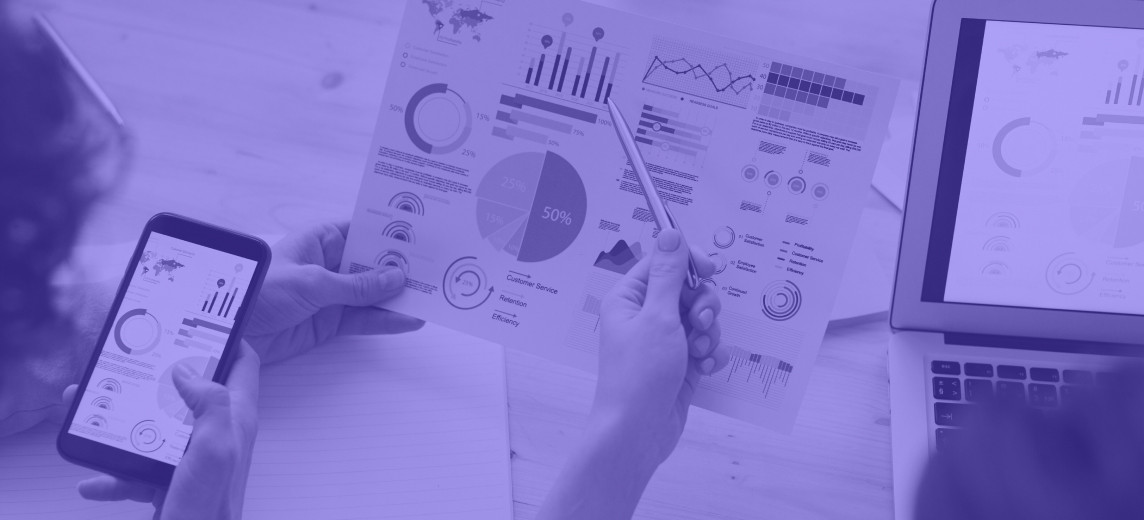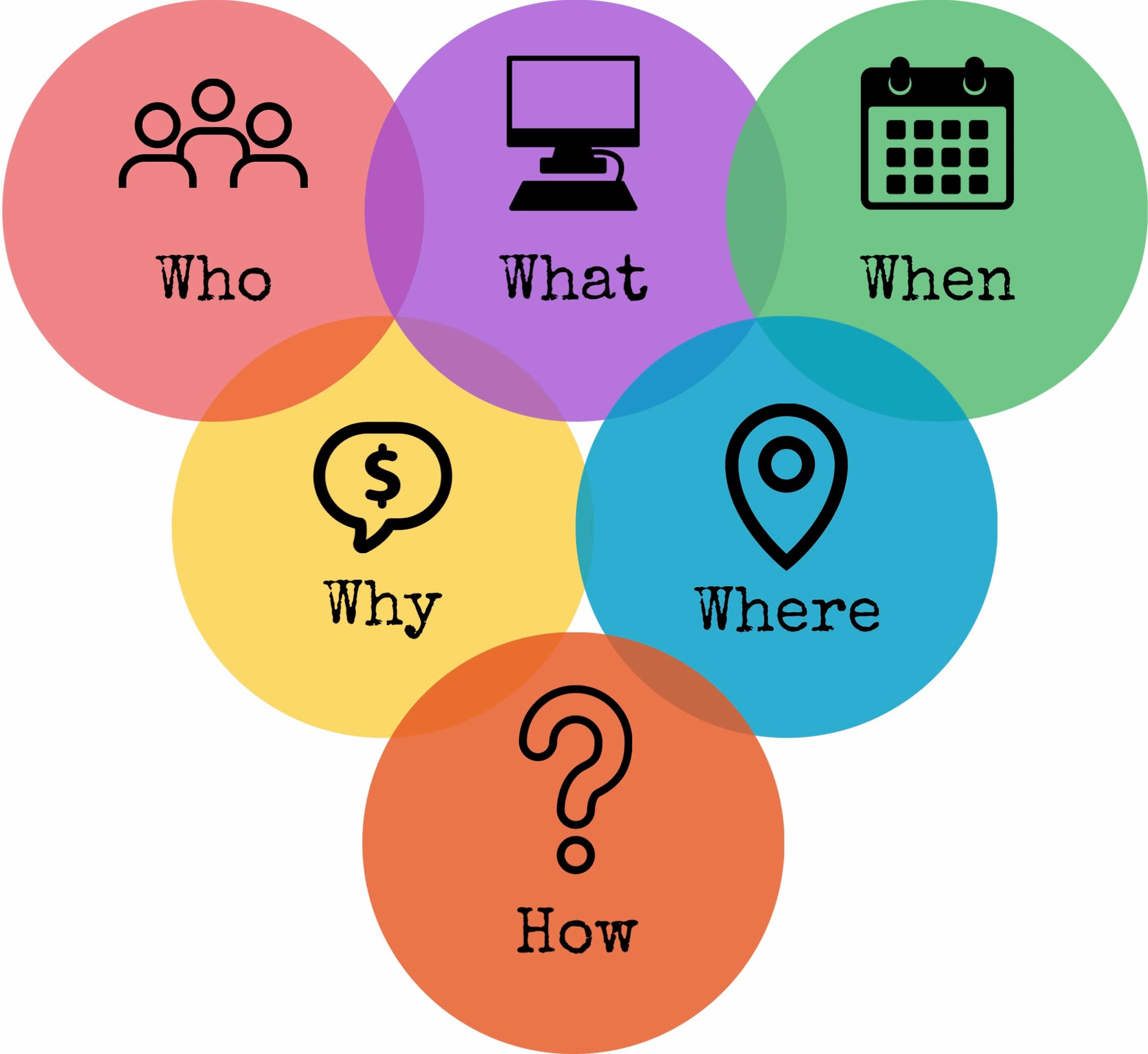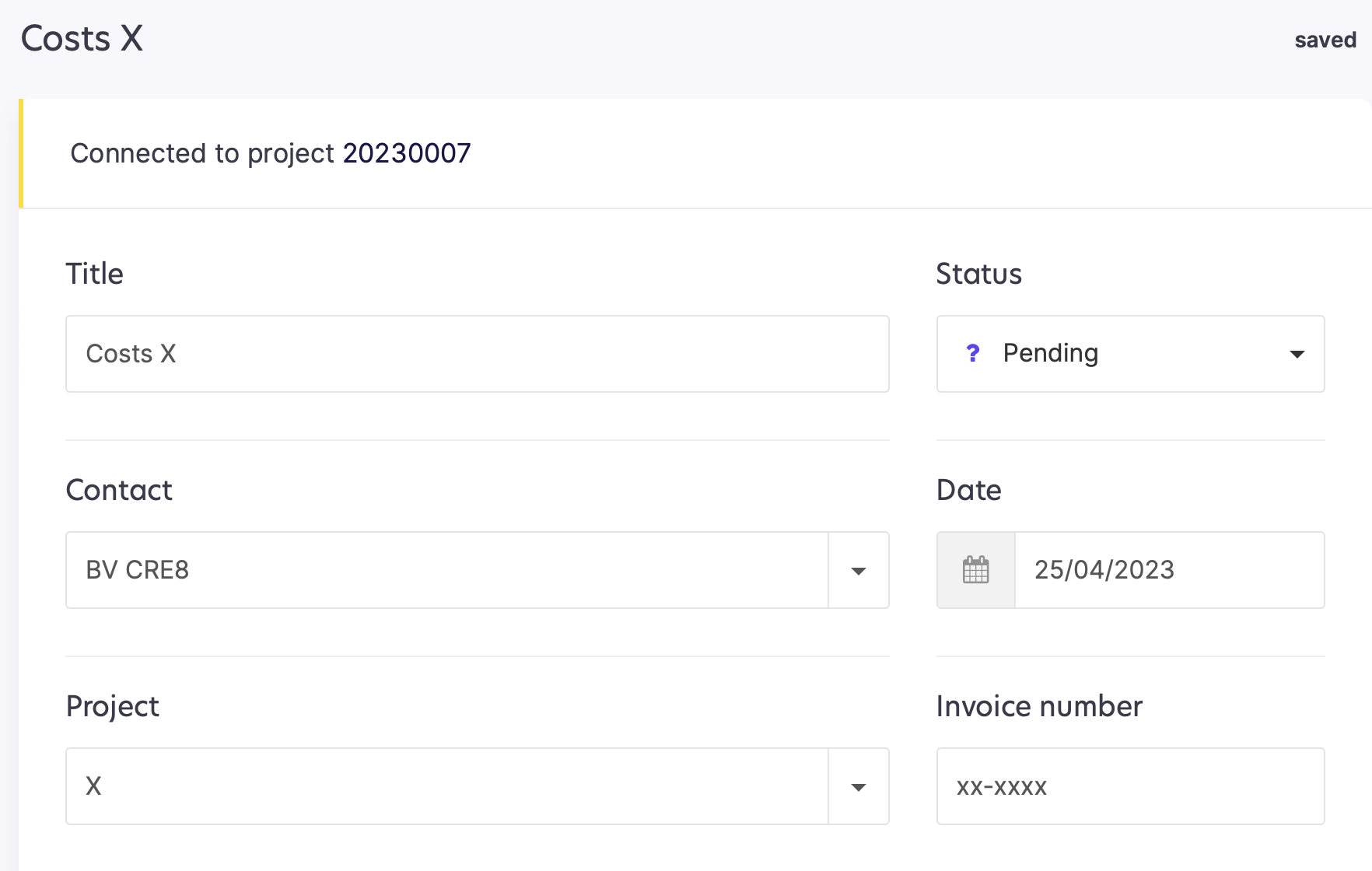
Who What When Where Why and How in Project Management
The 5W + 1H method is so basic that even toddlers apply it spontaneously. Yet, asking questions about who, what, when, where, why and how in project management is also one of the most powerful ways to reduce risks and guarantee a higher success rate. The key is to ask the right questions, and that can be challenging. With the many examples below, we set you on the right track…
Table of contents
What is 5W+1H in project management?
The 5W+1H method is a simple method that’s based on 5 questions that start with W: who, what, when, where, why and one question that starts with H: how? By asking questions about project management systematically, you are more likely to achieve success and reduce risks.

The key question is: which questions do you need to ask about project management?
As you will see further below, each question raises other questions. You don’t need to ask all of them every time. And you will need to add yours.
But whether you are new to project management, or want to improve your current project management process, it is smart to do this on a regular basis.
Staying sharp and ahead of your competitors is part of doing business. Questions help you detect bottlenecks and opportunities.
Let’s start with the first list.
1. Who
The purpose of asking this question is to have an excellent overview and understanding of everybody who is involved in the project. The answers will partly depend on answers to the other W questions, but this is a good starting point.
Examples of WHO question you can ask about project management:
Who is the client? Without understanding your client, the project is doomed to fail.
Who is the project manager? Do you have a person on your team assigned to plan and monitor the tasks? Do you switch roles in your team? Or maybe you are hiring an external consultant to take this role?
Who is involved in implementing the project? Can your team do it or do you need contractors or freelancers?
Who will report to the client? Is this the task of the project manager? Who will be responsible for keeping stakeholders in the loop?
Who will send the project bills? Yes, you need to know who will be responsible for billing because you want to make sure this happens in time.
Who handles quality assurance? You want to reduce risks and will need to agree upon this with your customer before kicking off the project.
Etc.
Composing the dream team for a project can take minutes to months. It all depends on the complexity (and budget) of the project.
But even when you are with only a few people to execute it, asking WHO is important.
Before you start the project, inform your client about who will be involved.
This creates assurance that you have chosen people who are qualified to perform all the tasks.
It also creates a more personal, and thus friendly, atmosphere from the start. If, for instance, your client has worked with, or knows team member X, this can have a positive influence on the course of the project. The reverse is also true, of course.
PRO TIP: In CoManage you can easily add team members to your projects and assign them tasks.

2. What
As a project manager, you need to understand WHAT the project is actually about. Without in-depth research, you are likely to miss crucial elements to complete any project successfully.
Examples of WHAT question for project management:
What are the goals of the project? Don’t stick to the client’s perspective only. Take the goals of your team also into account. This isn’t always about making money only. A project can be a good occasion to train new members, or to find out the quality of suppliers.
What sort of project is it? There is, for instance, a difference between a small renovation project and building a new house. Having a clear idea will help you to avoid horrible scope creep.
What is your experience with this type of project? Is it something new, but which you can deal with? Or is it a project for which you need external expertise?
What materials and equipment will you need? Do they fit within the budget? Or do you need to rent, for instance, tools and machines to demolish a house? Is this project a good time to buy it, or test rented material before buying it?
What sort of licence(s) do you need? This can be a software licence, but also permits for, e.g., construction projects.
What sort of know-how and experience is required? Can a junior be involved (budget control) or are the tasks for seasoned professionals only?
Etc.
Understanding WHAT a project is about and what is needed, prepares you for the next question: planning.
PRO TIP: in CoManage, you can keep track of all expenses for a project. This makes it easier to keep the budget under control.

3. When
Planning is an integral part of project management and not a one time step. You need to constantly monitor the progress of tasks.
A project without a starting date and a deadline is just a dream
Examples of WHEN question for your project:
When does the project start? The more specific your date, the better. During your research, you can probably not pin a date. But the moment all is clear, agree with your customer about a starting day.
When is the project deadline? Again, make this as specific as possible. This will not only guarantee delivery on time, it will also help you plan other projects. Any delay has a domino effect on your productivity and profitability. This is also the reason time tracking is an absolute must.
When will you report back to clients? When milestones (important steps of a project) are reached? Only when you are facing problems?
When do you need to order material? Hire equipment? Start a contract with external suppliers?
When will you do quality checks? Quality assurance is not an accident, it is planned.
When will you invoice? Before the project? During the project? Upon delivery?
When will you monitor the progress? Daily? Weekly?
When will you evaluate the project (after it is completed)? This too needs to be an item on your project planning. Waiting until you have time for it will result in no evaluation at all.
When is your team available? Have they planned holidays? Are they working on other projects? Are there official banking and other holidays?
Etc.
Timing is crucial for any project. It’s impossible to ask too many WHEN questions in advance.
PRO TIP: when you manage your projects with CoManage, you can easily assign deadlines for every step and task.

4. Where
The location may seem obvious for strictly digital projects, but again, for all projects, it is important to ask WHERE questions.
Examples of WHERE question for projects:
Where does the customer reside? Is it within walking distance, or abroad? This has an impact on the way you communicate, but also on the currency you will use on your bills.
Where will the project be delivered? Is it something you need to do on the spot, or is it maybe a project you can build in your facilities and then need to transport it? Or is it, for instance, a software development project that can be done everywhere?
Where is the target audience of the project located? If you are, for example, working on marketing or communication projects, you definitely need to take this into account.
Where can your team members best perform their project tasks? Home office, your office, or at a specific physical location? In fact, you need to ask this question before creating a proposal, because these are project expenses.
Where are your suppliers? If you work with remote teams, they can live in different time zones. This is, by the way, a clear example of how the 5W questions are not clearly distinguished from each other.
Where will you meet the client? In your office, online, elsewhere?
These questions are obviously more important for construction projects than for projects where the location is of no importance.

But then again, asking these questions will help you create clear expectations from your clients.
Don’t be shy to charge more if you need to travel to meet your customers or visit the project site.
5. Why
The last W question is the most difficult one for any project. Alas, asking WHY is often overlooked. It is much easier to assume that the project goal is clear and that everything will run smoothly.

Asking why, however, requires a critical attitude towards the project and that can be in the advantage of both the client and your business as service provider.
Besides, this question is not only powerful for yourself as a project manager, but also for your team. If everybody involved understands WHY they are supposed to do what’s planned, you increase the chance of successful completion.
Examples of WHY question for project management:
Why is the project even existing? Maybe there is a better alternative that can reach the same goals?
Why does the client hire you for this project? Winning an RFQ for projects is cool, but without knowing why it is assigned to your business, you miss valuable information. If you know, e.g. that your team was chosen for your good reputation of delivering in time, you want to make sure that you live up to this. This is one of the reasons you need to follow up quotes with great mails systematically.
Why did you accept to work on the project? Was it for the money, for the challenge or for other reasons? If you deeply understand this, you will attract more projects to make your ambition come true.
Why did you choose a specific team, technology, timing, methodology, materials…? There is no harm in reviewing all your answers to the 5W + 1H question. Take a critical look at them again and you will for sure find points of improvement before even starting the project.
Why does this bottleneck happen? Why did we meet the deadline? While monitoring the progress of your project, stay critical at any time. Asking questions about the positive things you achieved will help you repeat them in the future. Finding the reasons for delay will make it easier to prevent them in the future.
Why did the project fail? Why did it succeed? Evaluating is key for future success. Look at the complete project and compare all the expectations with the results. This is a great learning experience for any business.
6. How
Asking questions as a project manager about HOW your team will execute a project is equally important to the 5W questions. This time, you focus on the building blocks of your project: tasks. At the same time, it is vital to keep a helicopter view and question everything related to risks and success.
Examples of HOW question to execute projects with success:
How is the budget determined? Is it fixed, on hourly rate, depending on milestones? What about unforeseen expenses?
How will you monitor and report progress? This applies both for your team (internal workflow) as to communication with the client. How will you divide the tasks among the team? Can certain tasks be executed by less experienced team members?
How will you deal with change requests? Do you have a procedure on dealing with this? What is it exactly? Is it maybe a good time to implement one?
How are team members going to report to the project manager? Do you plan meetings? Will you use specific software that takes the pain out of your job as project manager?
How do you keep the team motivated and on track? Answering the why is helpful, as we mentioned above. But you will face other objections, so you can better be prepared for when it happens.
How do you define success? Delivery on time? Quality? Keeping everything within the budget? Or are your standards so high that you don’t settle for anything less than exceeding customers’ expectations?
Etc.
Conclusion: dare to question your project management
Regardless of how well prepared you are, it is impossible to answer all your questions before tackling a project.
But asking the right who, what, when, where, why and how questions about project management will:
reduce the amount of risks and unpleasant surprises
allow you to better forecast the progress of your project
improve your current project and workflow
make your business stand out from less organised competitors
The examples above may not all be useful to you, but they give you an idea about the power of not taking anything for granted.
The nice thing about this method is that you don’t need specific software. It’s also useful for any type of project you are working on:
Construction projects
Design and website projects
Communication, PR and marketing projects
And even for personal goals you want to achieve
Go now. Write down tons of questions for new and past projects.
Take the time to think about the best possible answers for your business and customers.
When you do this, you will be better prepared to manage all your projects with success.
If you are in need of an easy project management tool to assign tasks, track time, control your budget and much more, you can try out CoManage.
It is free for 14 days. Just click on the button below.




